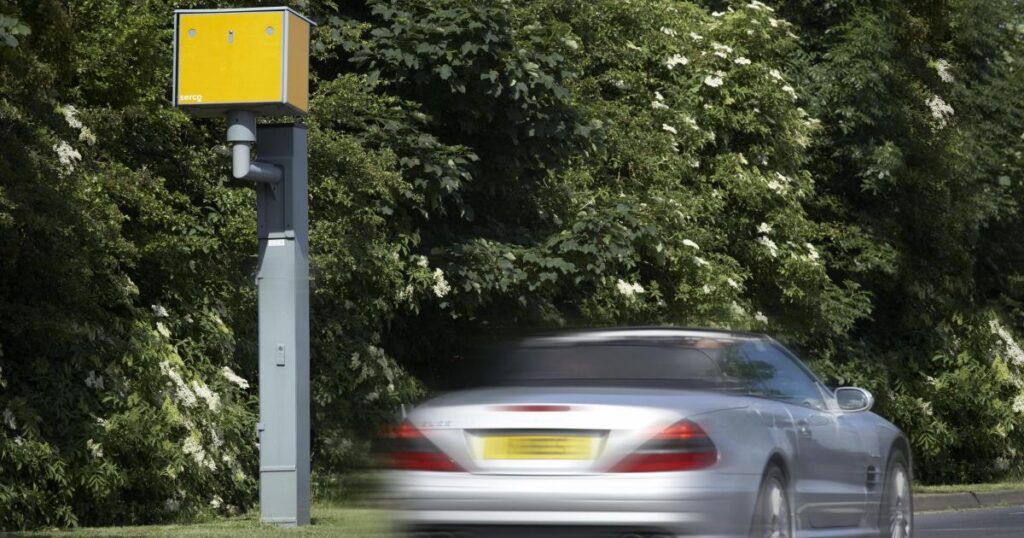Fortunately, there are some circumstances where you can dispute a speeding charge, but don’t assume we’ll be advising on any ‘loopholes’.
When challenging, everything you do must be legal.
According to Motoring Solicitors, these are some of the valid circumstances where you can dispute the ticket.
First date idea you come to my speeding ticket court hearing
— 𝓥𝓮𝓻𝓸𝓷𝓲𝓬𝓪 (@friedurethra) September 17, 2025
How to dispute a speeding ticket:
Late Service of the Notice of Intended Prosecution (NIP)
The law is clear on the service of an NIP; it must be served within 14 days of the alleged offence, either personally by police officers or by first class or recorded post. If you receive your notice of intended prosecution after these 14 days, you may have grounds to contest the fine.
Faulty Camera Equipment
If you are sure you were driving within the speed limit, you can ask for proof of the camera’s calibration and accuracy. The calibration certificate should be up-to-date and show that the camera is working correctly.
If the equipment was not properly calibrated, any evidence gathered by it would be unreliable. You should take legal advice, however, as challenging the calibration of a speed camera could have significant cost implications for your case.
Inadequate Speed Limit Signs
You may be able to challenge the fact that speeding signs are inadequate, obscured, or not visible. Roads must have signs that are easy to read and in the right place.
Without such signs, a driver could argue they were not properly informed of the speed limit if the road is outside an urban or built-up area.
Recommended reading:
‘Ultra speed camera’ can see inside driver’s vehicles
If a speed camera is not visible can I challenge the fine?
Are average speed cameras always on? This might surprise you
Necessity of Speeding
In extreme circumstances, you might be able to argue that you had to speed. For example, if you were driving someone to the hospital in a genuine emergency, this could amount to a ‘special reason’ in law to avoid penalty points or a driving ban.
However, these cases need robust evidence to support the claim that speeding was necessary in the circumstances.




